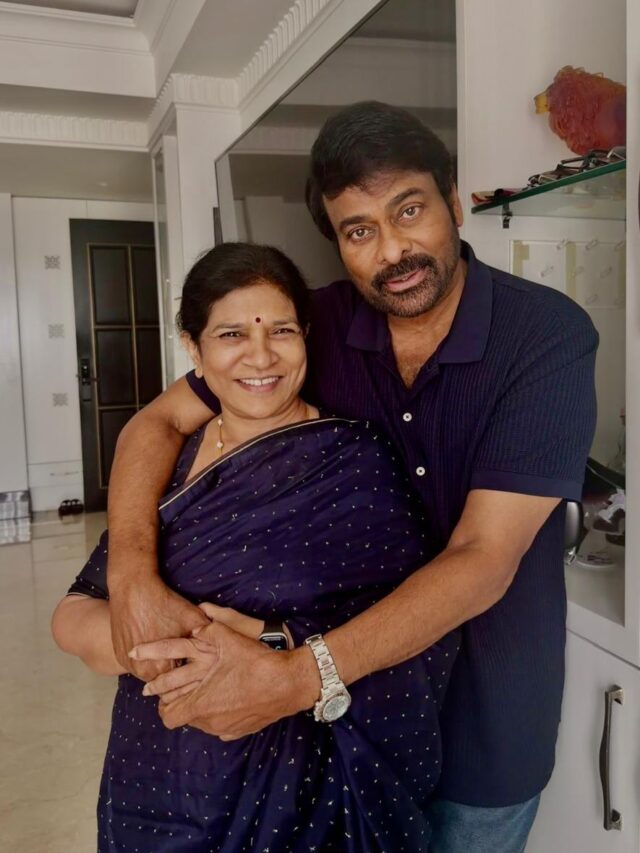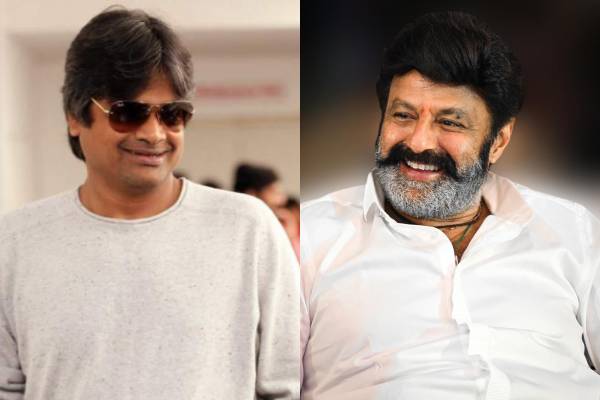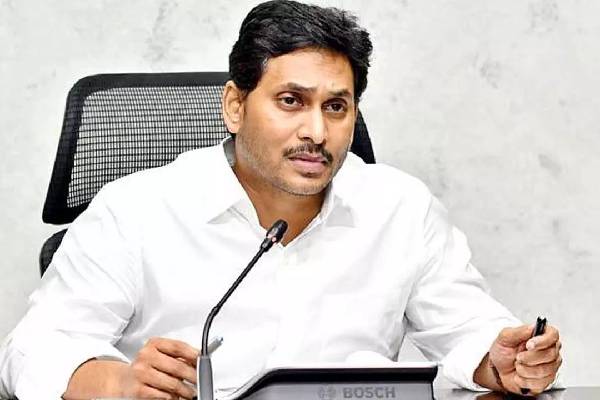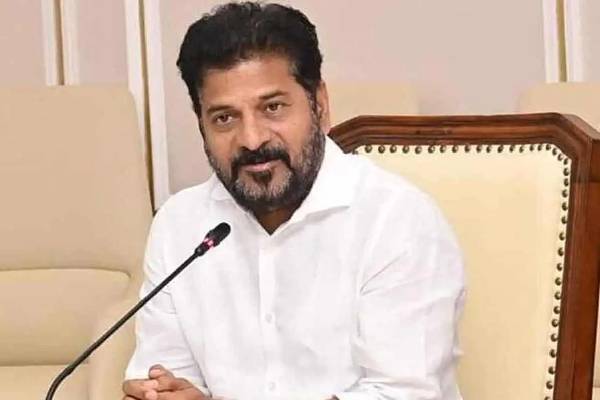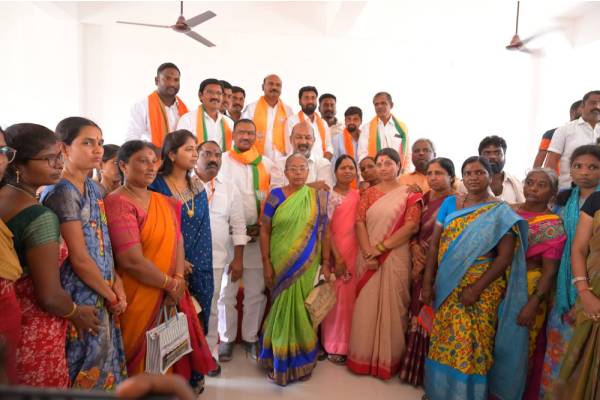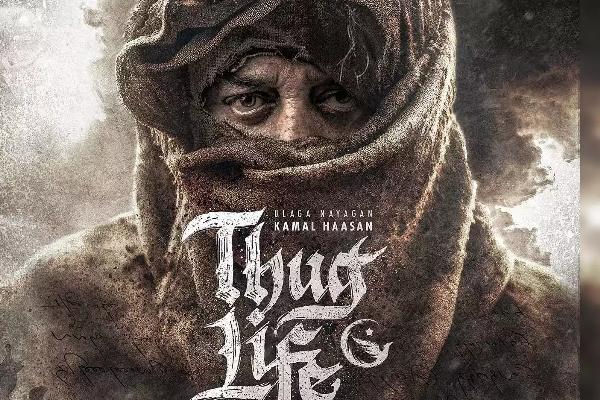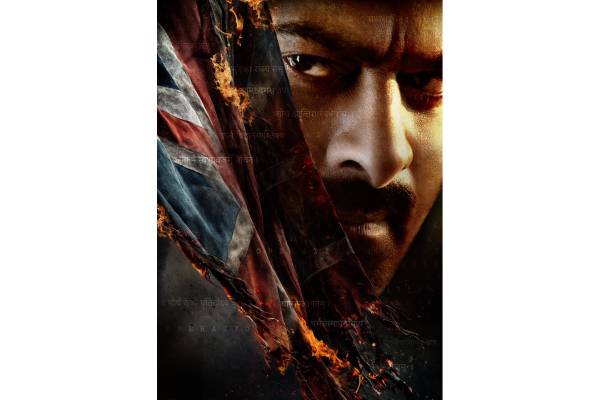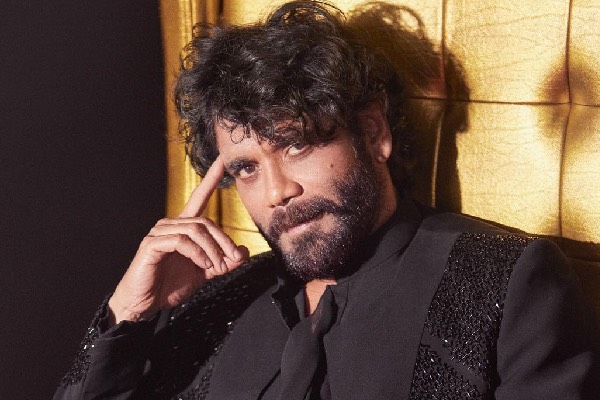On Friday, the Supreme Court acknowledged a petition contesting Karnataka’s “extra-judicial ban” on the display of ‘Thug Life’—a movie directed by renowned filmmaker Mani Ratnam and starring superstar Kamal Haasan. A panel of Justices Prashant Kumar Mishra and Manmohan requested responses from Karnataka’s Chief Secretary, Principal Secretary (Home), and Director General of Police regarding the issue and scheduled the case for a follow-up hearing on Tuesday, June 17. During an event for the film’s audio launch, Kamal Haasan stated that “Kannada is born out of Tamil,” inciting a significant backlash in Karnataka. The writ petition, submitted by M. Mahesh Reddy from Bengaluru, argued that even though the Central Board of Film Certification (CBFC) had approved the film, the Karnataka government has obstructed its theatrical release through verbal orders and police intervention.
Advocate A. Velan, who represents the petitioner, argued that these actions represent an unconstitutional infringement on the freedom of speech and expression, as protected by Article 19(1)(a) of the Constitution. Velan asserted that the Karnataka government has entirely surrendered to extremist groups that have been targeting linguistic minorities and advocating for the destruction of theaters. The petition claimed that the ban arises from a campaign of intimidation, characterized by direct threats of arson against movie theaters, incitement to widespread communal violence aimed at linguistic minorities, and a disconcerting call to replicate previous anti-Tamil riots.
“This reign of intimidation is a direct, flagrant violation of the Fundamental Rights to Freedom of Speech and Expression (Article 19(1)(a)) and to Practice any Profession (Article 19(1)(g)). More seriously, it is a calculated attack on the secular fabric and public order of the State,” stated the petition.
In the wake of the controversy regarding Haasan’s comments about the Kannada language’s origins, Raaj Kamal Films International, the film’s production company, sought legal protection from the Karnataka High Court. The court, however, suggested that Kamal Haasan consider issuing an apology; the actor-politician declined this proposal. Consequently, the indefinite postponement of the film’s release in Karnataka followed his refusal to apologize.












